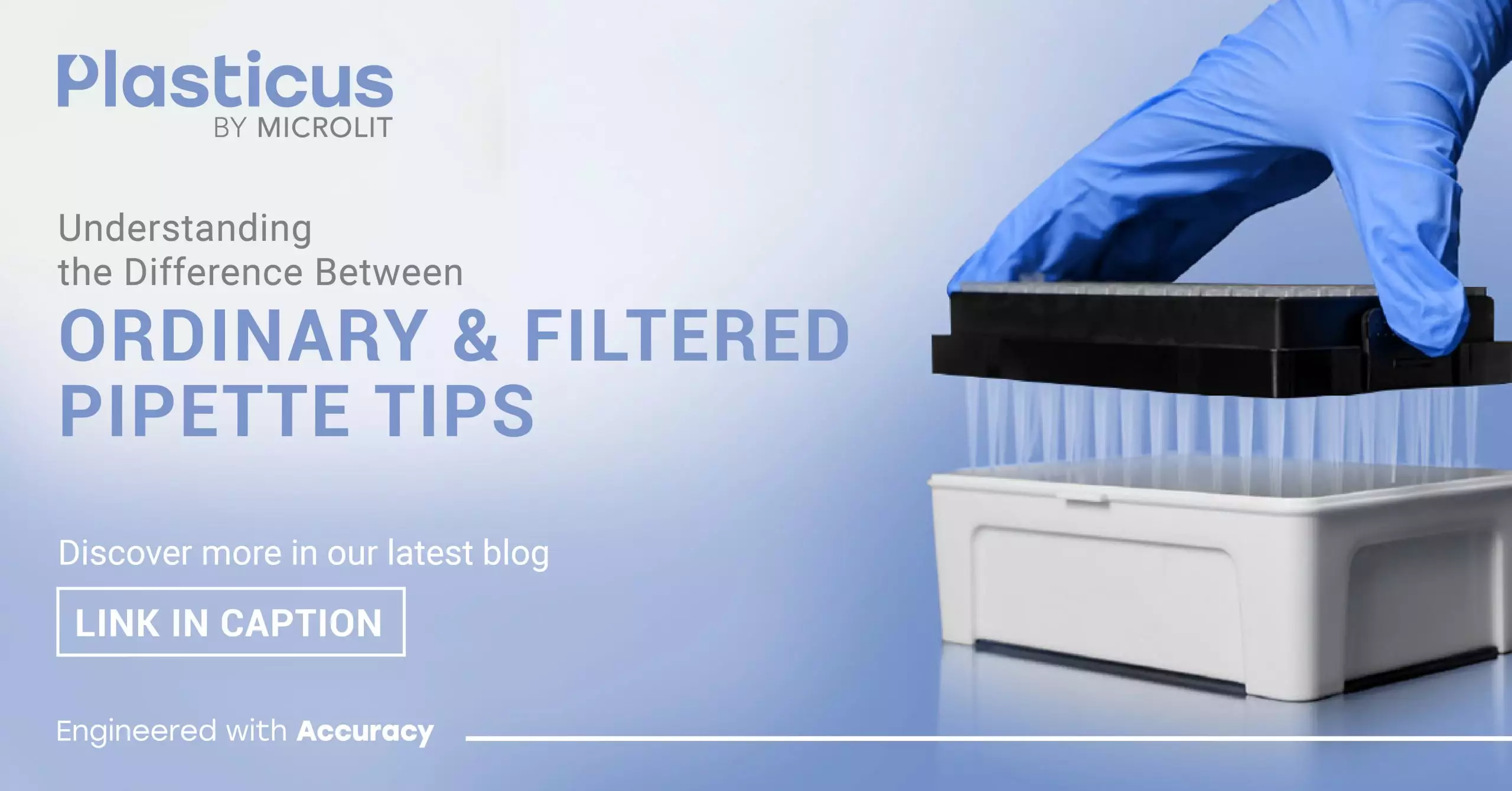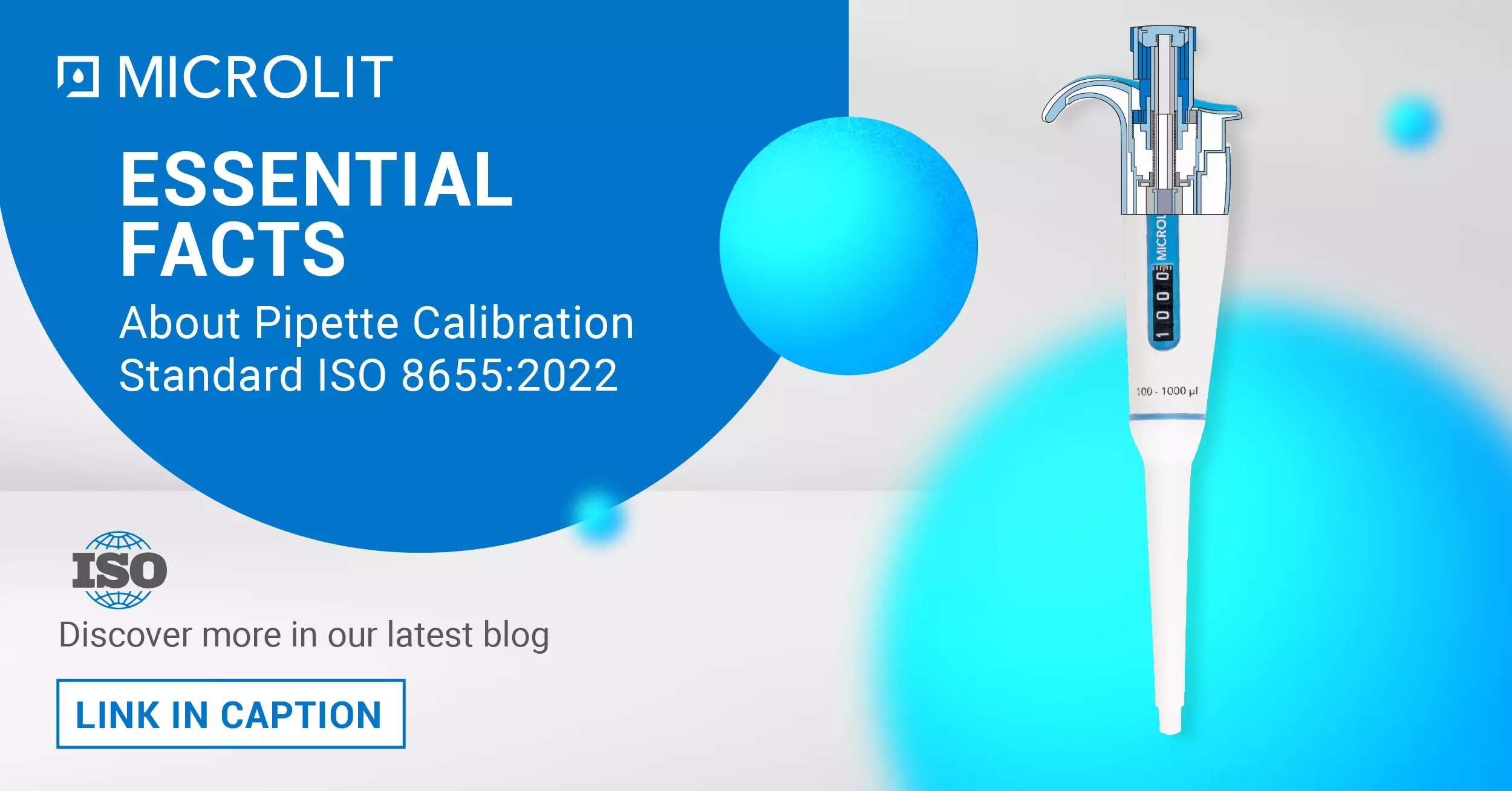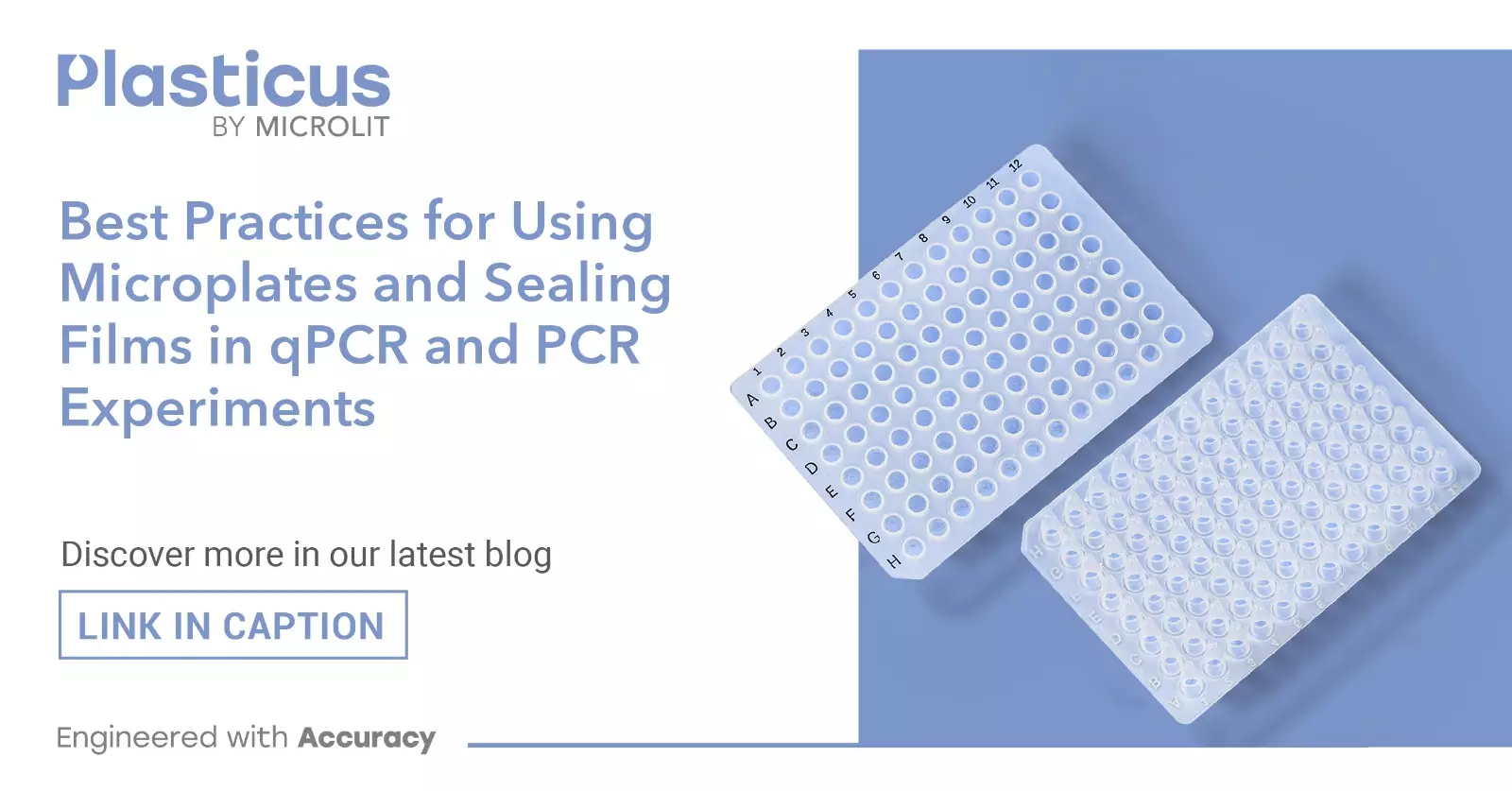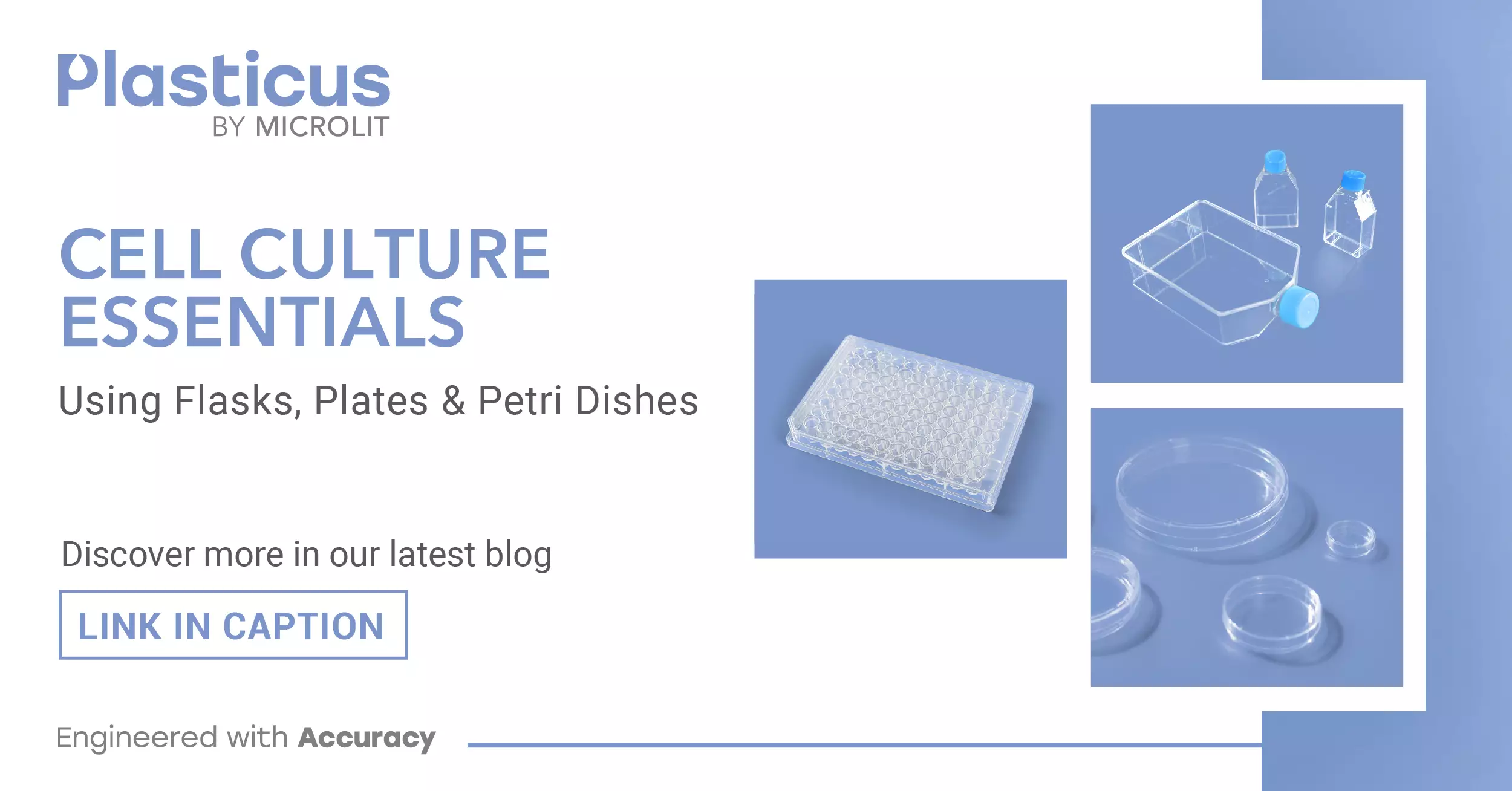Role of Liquid handling instruments in Stem Cell Research: Breakthroughs and Challenges
- September 25, 2023
- ENQUIRE NOW
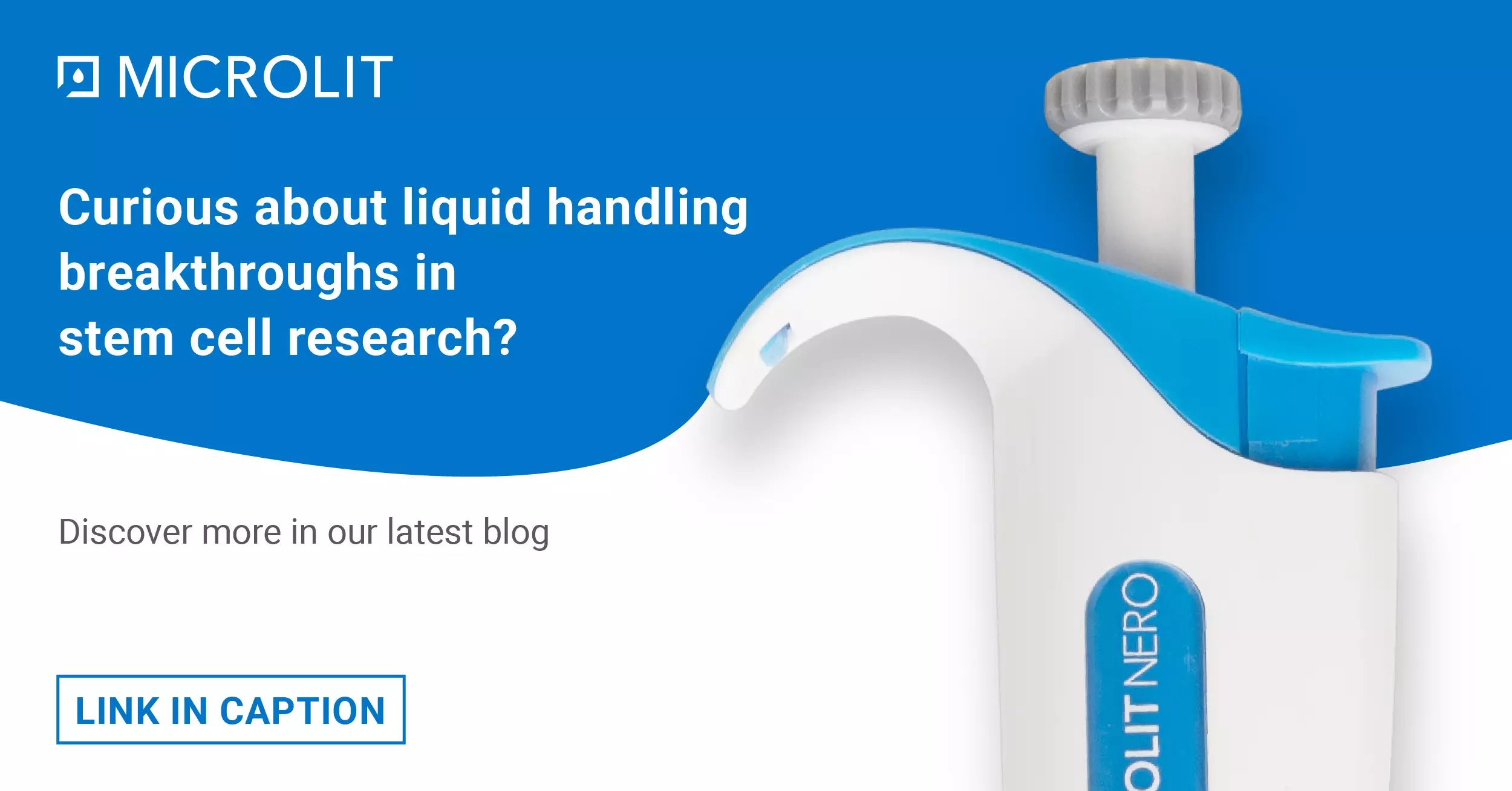
Liquid handling instruments play a significant role in stem cell research. It acts as a catalyst for making remarkable discoveries while overcoming intricate challenges. Stem cells harbour the extraordinary potential to differentiate into various cell types, offering promise in the realms of regenerative medicine, disease modelling, and drug development.
Let’s delve into the details of the pivotal role played by liquid handling instruments in advancing stem cell research, as well as the challenges and breakthroughs that researchers encounter along the way.
Basics of liquid handling
 Before we delve into the specifics of liquid handling in stem cell research, it’s crucial to grasp the fundamental concepts that underpin this transformative technology:
Before we delve into the specifics of liquid handling in stem cell research, it’s crucial to grasp the fundamental concepts that underpin this transformative technology:
Precision Pipetting: Precision pipettes, such as micropipettes, are indispensable tools in the laboratory. They allow researchers to transfer precise volumes of liquids with the utmost accuracy. In stem cell research, where microliter and nanoliter volumes are often the norm, precision is non-negotiable.
Automation: Automation systems, including cutting-edge liquid handling robots like easyfill, have revolutionised laboratory workflows. These systems enhance precision, versatility, and efficiency while minimising human error. They are the backbone of modern stem cell research laboratories.
Breakthroughs in Liquid Handling for Stem Cell Research
High-Throughput Screening: The synergy of advanced lab instruments and liquid handling solutions has transformed stem cell research. It has empowered scientists to conduct high-throughput screening of thousands of compounds, drastically accelerating drug discovery. The emphasis here is on precision, reliability, and the identification of potential candidates for regenerative therapies.
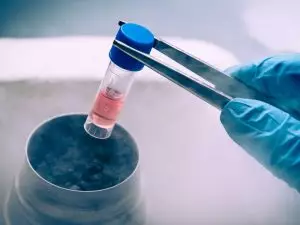 Single-Cell Analysis: Liquid handling technology has ushered in a transformative era by enabling the isolation and analysis of single cells. This level of precision is essential for unravelling the complex cellular heterogeneity within stem cell cultures and identifying rare cell populations. Our micropipettes have been instrumental in achieving these breakthroughs.
Single-Cell Analysis: Liquid handling technology has ushered in a transformative era by enabling the isolation and analysis of single cells. This level of precision is essential for unravelling the complex cellular heterogeneity within stem cell cultures and identifying rare cell populations. Our micropipettes have been instrumental in achieving these breakthroughs.
Culturing and Expansion: Automated liquid handlers, like our versatile lilpets, play a pivotal role in maintaining the delicate balance of stem cell cultures. They ensure precise media changes and passaging, significantly improving cell expansion efficiency and reproducibility.
CRISPR-Cas9 Genome Editing: In the realm of gene editing and functional studies, lab instruments and liquid handling solutions prove invaluable. They enable the precise delivery of CRISPR-Cas9 components to target genes in stem cells, underpinning the fundamental nature of genetic research.
Challenges in Liquid Handling for Stem Cell Research
 Contamination: The maintenance of aseptic conditions is paramount in stem cell research. Even the slightest contamination due to improper liquid handling can compromise experimental results and jeopardise valuable cell lines. This is where the reliability of tools ensures contamination-free transfers.
Contamination: The maintenance of aseptic conditions is paramount in stem cell research. Even the slightest contamination due to improper liquid handling can compromise experimental results and jeopardise valuable cell lines. This is where the reliability of tools ensures contamination-free transfers.
Cell Viability: Stem cells are delicate, and their viability must be preserved at all costs. Lab instruments must handle these precious cells with the utmost care to prevent mechanical stress or mishandling that could harm them.
Cost and Maintenance: While lab instruments and automation systems offer precision and reliability, they come at a significant cost. Regular maintenance, including calibration of tools like e-burette, is imperative to ensure consistent and accurate results.
Data Management: The extensive data generated by automated liquid handlers necessitates robust data management solutions to ensure data integrity, precise analysis and traceability of results.
Best Practices for Liquid Handling in Stem Cell Research
To optimise liquid handling in stem cell research, it is essential to follow these best practices:
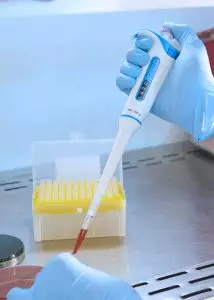 Pipette Calibration Services: Regularly employ pipette calibration services to maintain precision and reliability in pipetting accuracy, especially with electronic and mechanical micropipettes.
Pipette Calibration Services: Regularly employ pipette calibration services to maintain precision and reliability in pipetting accuracy, especially with electronic and mechanical micropipettes.
Training: Provide comprehensive training on lab instruments and automation systems to ensure precision and versatility in operation. Proper training is crucial for utilizing tools like our easyfill effectively.
Quality Control: Implement stringent quality control measures to identify and rectify issues early in the research process. This ensures the utmost precision and reliability of your experiments.
Data Integrity: Invest in advanced data management systems to guarantee data integrity, precise analysis, and traceability of results. This is particularly crucial in managing the wealth of data generated by liquid handling systems.
Conclusion
Lab instruments and liquid handling solutions, including our suite of products like the Bottle top dispenser, micropipettes, easyfill, lilpets, and E-Burette, have catalysed the evolution of stem cell research. They have consistently emphasised precision, reliability and versatility, enabling researchers to push the boundaries of scientific knowledge.
While the breakthroughs in this field are indeed exciting, researchers must tackle the challenges associated with liquid handling with the same precision and reliability. As technology continues to advance, the liquid handling industry, including our innovative products, will remain at the forefront of stem cell research. This progress will bring us closer to innovative therapies and a profound understanding of cellular biology.
By embracing best practices and staying updated with the latest advancements, scientists can navigate these challenges with confidence and continue to shape the future of stem cell research with precision and reliability. Together, we can unlock the full potential of stem cells and usher in a new era of medical advancements.

